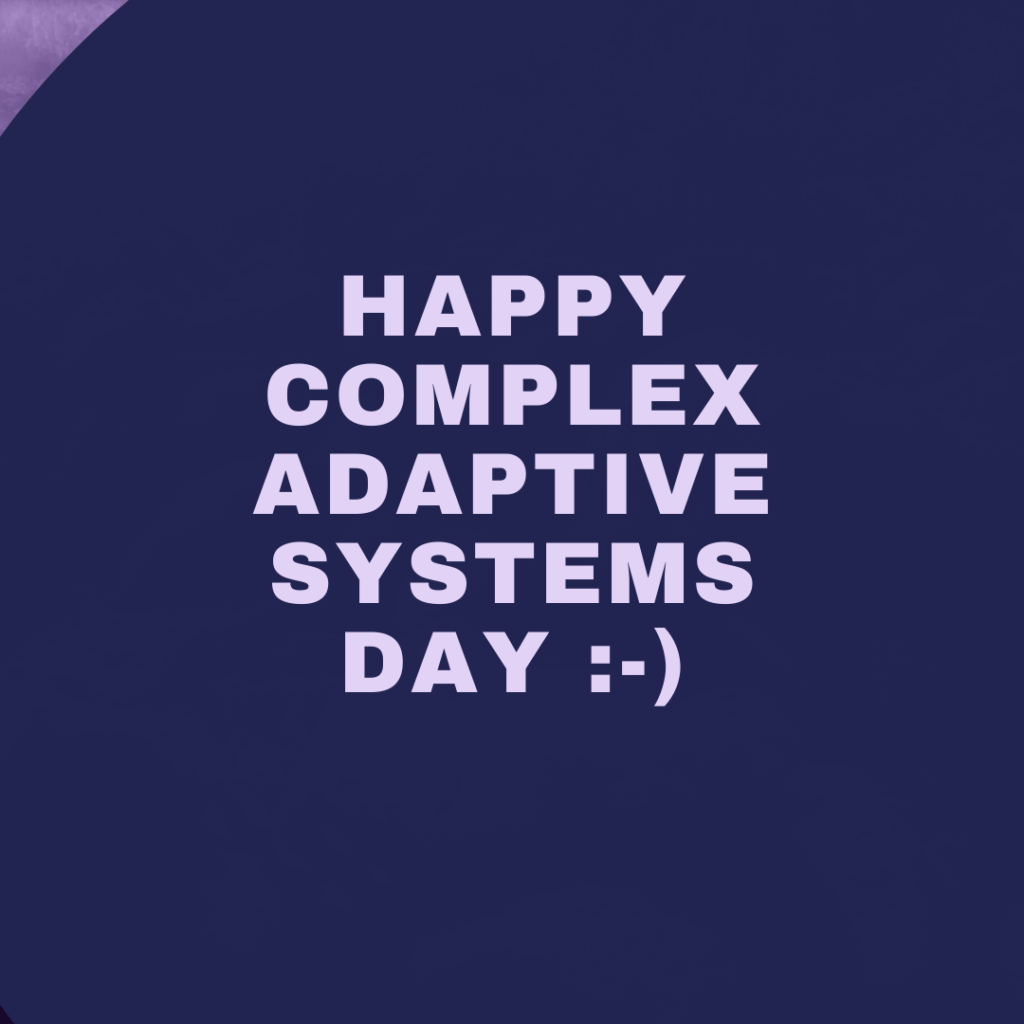A lot of social media and cultural messaging is all about positivity around the holidays.
But the thing is - holidays are not just about cheer, celebrating and consuming.. Holidays may bring up things for us that we may not be aware of.
And these things are often related to challenges we experience in our families and relationships.

Holidays like today - and the social media and celebrations that go with it often focus on the smiling faces, the cakes and candles.
Gratitude is essential for our well-being.
It’s important for our brain’s circuitry to have awareness (and the associated neurochemicals) that signal to us ‘what’s right’ about our situation. This helps us continue to strive and grow. Without it, we wouldn’t have incentive to keep going.
Gratitude doesn't always need to be for the things that are picture-perfect, smiling and what we deem as positive. Gratitude can also be for the events and experiences that have shaped us -despite how painful they may be.
But there is another key emotion that's important to acknowledge: grief.
Grief is important.
It allows us to feel a sense of loss of something we hoped we could have or hold onto. This is important information. It guides us to what we value.
If we don’t acknowledge our grief, we aren’t letting our mind-brain-body system create an awareness of something deep, nonverbal and visceral that is affecting us in unconscious ways.
If you feel like something is clouding your mind but you can’t figure out what it is.. There’s a chance it could be related to grief.
Grief is extremely painful and so our tendency can be to keep it bay as long as we can.
We do this by trying to stay busy and positive. And these are all good things. But busy-ness and positivity can keep us from experiencing and empathizing with the large range of feelings that come up for many people (including ourselves) - especially during times where we are bombarded with images of people celebrating and consuming.
Grief can sometimes be tied to not having a feeling of ‘home’ and belonging.
Allowing ourselves to recognize that we might be holding these feelings can sometimes help us release some emotions that were there just below the surface.
When those feelings stay stuck, we are using inhibitory mechanisms to keep them from moving more fully into our awareness (this can happen on conscious and subconscious levels). If we constantly do this and disengage from grief and sorrow, our neural and behavioral resources can become depleted because they are being used for that disengagement.
The acknowledgment of feelings of grief can also allow us to feel empathy for the people in our life and in the world who have also had very difficult relationships with their own families and within our current ‘system’. The lack of feeling of ‘home’ and comfort from caregivers has been missing for many people in many families for many generations.
There’s good news though...
Our brains are experience-dependent, complex adaptive systems. We can introduce new experiences that can help us get closer to co-creating what we truly want to have.. A sense of home and belonging, and value and purpose.
These ‘experiences’ start within - with an awareness and recognition of ALL our feelings.. Not just happiness and joy, but also sadness, anger, resentment, rage and regret. All of those feelings give us information about what we want to create NEXT.

Resilience research shows that what is most adaptive is a RANGE and REPERTOIRE of being able to engage in our feelings and also disengage. Both are important.
What can help us move through stages of grief is to very deeply honor and acknowledge the sadness, to allow ourselves to feel it and express it nonverbally - tears, emotional expression, movement. But then to also EXPRESS it as best we can into words…whether to ourselves to another.
We can also use our own sorrow and grief to help us see how connected we are with others through those emotions. Going into this type of expansive awareness, where we connect dots between how we feel and how others around us and in the world might feel the same way - expands our neural circuitry activations in powerful ways.
This is called transcendent thinking.
This type of thinking is tied to stronger connections between various brain networks, including the Default Mode Network, the Salience Network and the Executive Control Network. This type of brain-system-interconnectivity is associated with highly resilient, positive outcomes.
We can use this time where social media bombards us with images of holidays and family to connect us with the whole spectrum of feelings, thoughts and emotions that arise - and how these signals and fluctuations are present within all of us as a species. They are not to be ignored or suppressed. They are cues that signal for adjustments in what we focus on, what we deem as important and what we can use as information for caring for ourselves and others.
Getting in touch with MIXED feelings - all of the good and the not-so-good-feelings - allows us to create a sense of HOME within ourselves.
Being a home to ourselves - to all parts of us- helps us bring more of that feeling of HOME into the world and society.
The world needs this more than ever right now.
What can you acknowledge today about gratitude, grief and mixed feelings? How can you help someone in your life or in the world feel more at home with all of these mixed feelings and complexity?
that the only way for life to improve,
for my relationships to feel rich,
and for my mind to finally experience ease
was for me to explore and embrace
the anxious unknown that dwelled within me
ps - If you'd like to learn more about how to increase your range and repertoire for dealing with emotions - and helping others do the same, check out my Super-Regulators Mini Course



